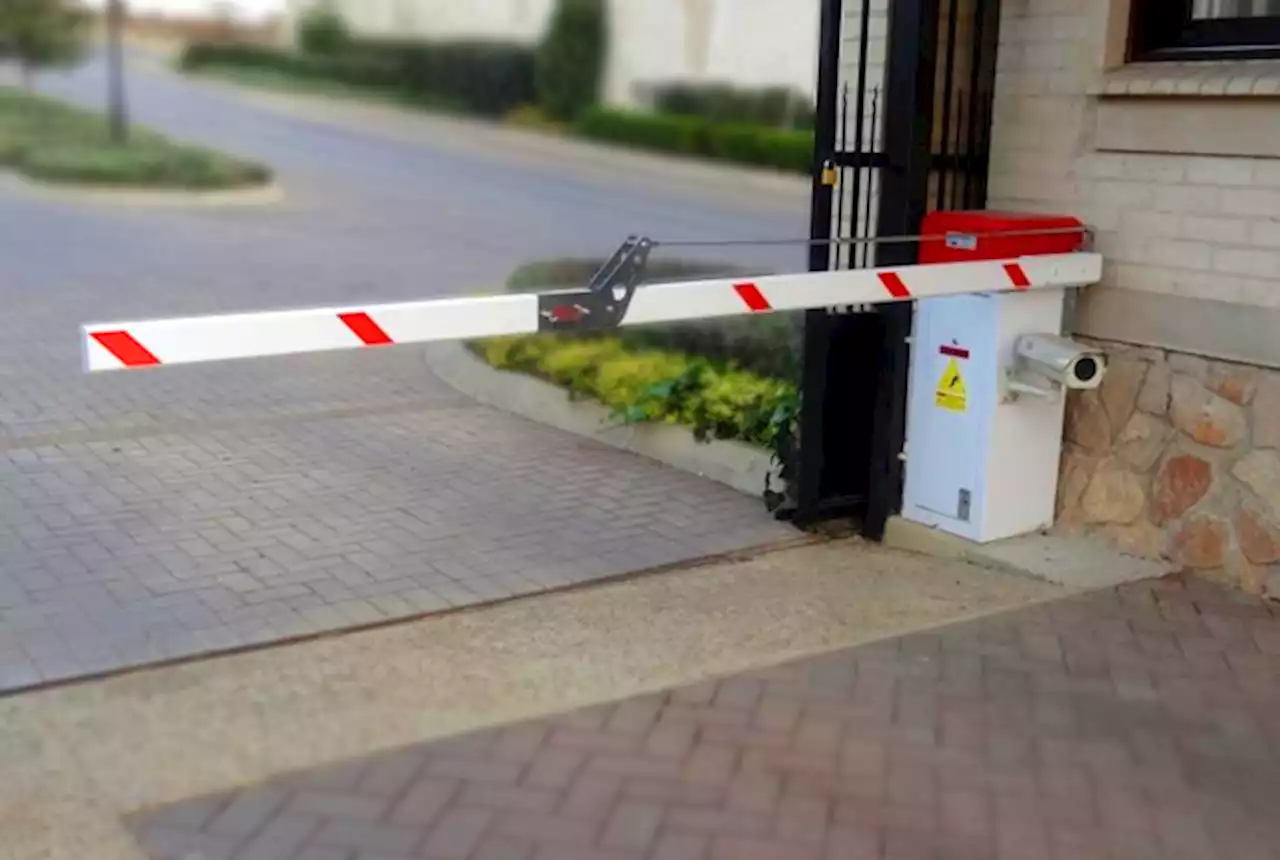Private security companies in Africa are now subject to new draft regulations around the use of drones.
Police minister Bheki Cele has published the draft regulations around the use of ‘remotely piloted aircraft systems’, as the use of them increases within the private security sector. South Africa’s private security groups have used drones for several years for tasks such as estate monitoring and anti-poaching activities with drone licences previously given on a case-by-case basis, and until now there were no rules for drone usage by the private sector as a whole.
The draft regulations will make it easier for private security companies in South Africa to use drones in their operations. However, the proposed rules also make it clear that the use of remotely piloted aircraft will be heavily monitored and subject to rulings to ensure their usage remains lawful.
Specific issues that the draft regulations cover include:
- The process of applying for drone usage
- Ensuring the people piloting the drones have the correct licences and qualifications
- Regular assessments and a register of people authorised to fly drones at these companies
- Determining the conditions around when private security companies may operate drones and advertise their services
Private security companies in South Africa have already used drones for anti-crime initiatives for several years, particularly in up-market complexes and estates where it can be difficult to track criminals on the ground. One security professional explained how secure complexes can be a regular target for burglaries and theft from inside, so drones make it easier to oversee and overcome barriers.
Charnel Hattingh, head of marketing and communications at Fidelity Services Group, said: “We believe drones and the deployment of a mobile drone team, not only act as a highly effective visible deterrent to criminals, but also assist to immediately track down and locate criminal elements once an outer perimeter on an estate has been breached, or in any scenario where suspects are at large on a security estate.”
She added that the deployment of drones is ideally suited to security estates, and the use of drones will only increase proactive crime prevention. She added: “These high tech innovations definitely represent the future face of security, but as stressed earlier, they work best if they are combined with an integrated security offering.”
Earlier this year, Cele confirmed the South African Police Service (SAPS) would be procuring new drones to be used for anti-crime and monitoring operations. Cele said a total of 166 drones would be purchased in three phases, with the technology set to be introduced across its operations: “The current proposed model for drone deployment in phases one, two and three will include 43 localities.”
Cele said that the drones are specifically being used for:
- Provincial Operational Command Centres
- District Operational Command Centres
- The Safer City Projects
- Satellite drone units serving various police stations
- The utilisation of drones in rural safety plans
While the SAPS has already conducted a number of pilot programmes in areas such as Johannesburg, this marks the first time that drones will be rolled out wider as part of the national policing strategy.


